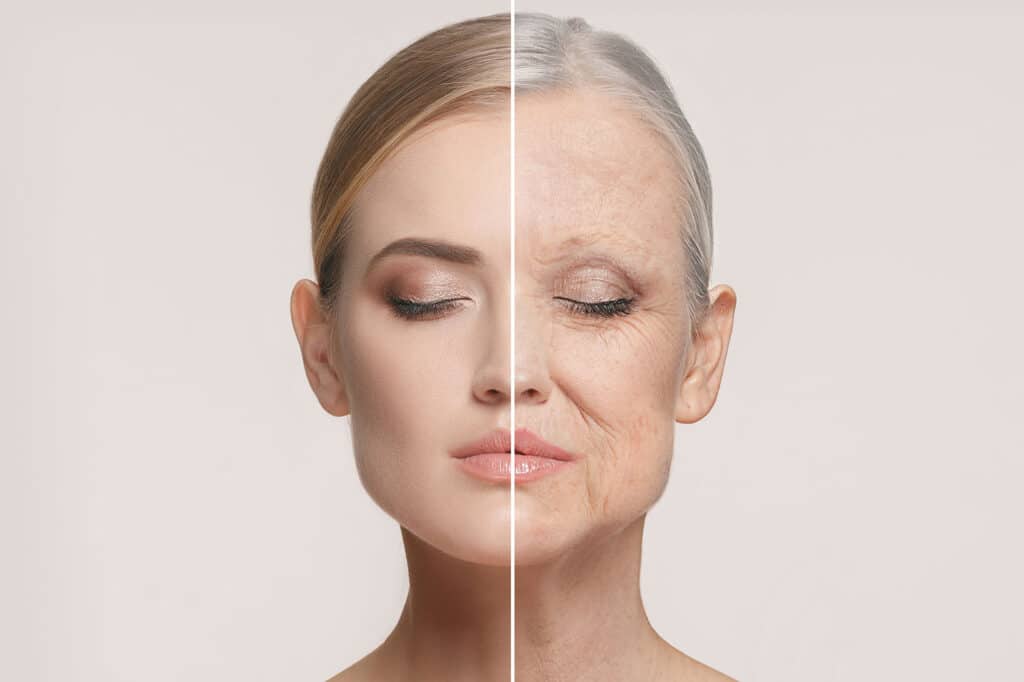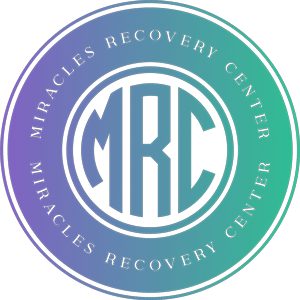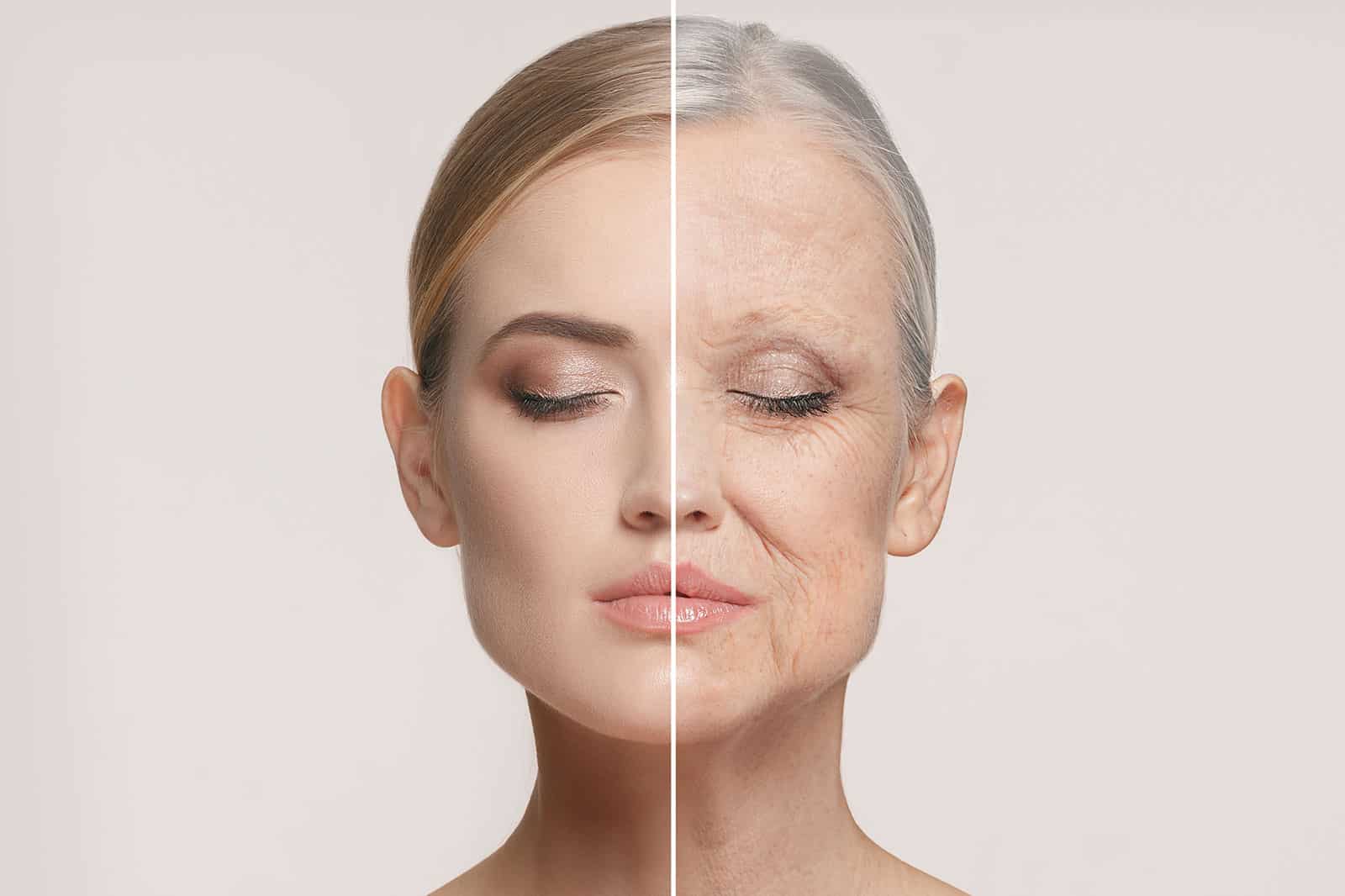Exploring the Impact of Alcohol on Aging and Skin Health
For the sake of health and safety, there are many reasons not to consume alcohol heavily. But one reason is something you might not be aware of: Alcohol can speed up the human aging process.
Other than sunlight, almost nothing prematurely ages people’s skin as much as alcohol intake. Even worse, these age-related effects are more than skin-deep.

How Alcohol Affects the Body
Yes, the entire body can be affected — and aged — by excessive alcohol use. Here are a few examples.
Dehydration
To start, drinking alcohol can dehydrate. That’s because alcohol is a diuretic, a substance that increases urination by removing fluids from the body. And this problem is compounded in older people, who often have less water in their bodies to begin with.
Dehydration can cause a number of health problems: dizziness, headaches, low blood pressure, and kidney stones, just to name a few.
Liver Function
Over time, alcohol can damage the liver, an organ responsible for storing nutrients, synthesizing proteins, filtering blood, maintaining optimal blood sugar levels, and many other digestive and detoxifying functions.
In particular, the effects of alcohol can destroy healthy liver tissue, replacing it with scar tissue. And, if enough scarring is present, it can cause cirrhosis of the liver, whereby this organ no longer functions correctly.
Heavy drinking of alcohol can also inflame the liver, a condition known as alcoholic hepatitis.
Nutrient Malabsorption
In addition, large quantities of alcohol may interfere with the body’s ability to absorb nutrients. Examples include vitamin B1, vitamin B12, and zinc.
Due to this malabsorption, a number of health problems can arise: fatigue, abdominal pain, rapid weight loss, immune deficiencies, and more.
Disruption of Sleep Patterns
Some people might think alcohol helps them to sleep. That’s because they may fall asleep right after drinking.
In truth, though, alcohol often prevents people from entering the rapid eye movement (REM) stage, the deepest stage of sleeping. Consequently, a night’s sleep will be less beneficial and refreshing. Excessive drinking also causes hangovers the next day that can make you feel sick and sluggish.
Over time, low-quality sleep can sometimes cause certain health issues, including diabetes, hypertension, and even heart failure.
Alcohol and the Skin
As we get older, our epidermis — the outer layer of the skin — thins out, wrinkles, and gets somewhat discolored. Indeed, whenever we’re trying to guess someone’s age, we’re usually looking at that person’s skin to figure it out.
Heavy alcohol consumption, however, can speed up skin aging in a number of ways. For instance, the dehydration and malabsorption issues that we discussed above make skin appear older. When skin lacks water and nutrients, it becomes less supple and elastic.
Dead skin cells will then collect on top of the epidermis, leading to discoloration. Chronic dehydration can likewise dry out the skin, causing it to crack and flake.
Moreover, alcohol sometimes triggers the skin cells to release a chemical compound called histamine. Histamine can make the skin itchy and red.
Likewise, alcohol can induce blood vessels in the face to expand; that situation also causes redness. And, over time, facial redness can become a permanent feature.
Then there’s collagen. Collagen is the main protein that makes skin firm. But, when alcohol depletes nutrients, the body can’t make as much collagen. That leads to looser skin.
On top of that, alcohol releases chemicals inside the body called free radicals. Free radicals attack and damage collagen, producing fine lines and wrinkles.
Alcohol-Related Lifestyle Factors Contributing to Aging
Alcohol can hasten aging in indirect ways as well. That’s because, as medical studies have indicated, people tend to adopt unhealthy habits in groups. Experts aren’t exactly sure why that’s true. But it’s long been a common phenomenon.
For instance, people who drink heavily often have diets that are low in nutritional value. And poor diets — especially those with lots of processed foods — can cause persistent inflammation, aging cells faster.
People who drink heavily are also two to three times as likely to smoke as those who don’t. Smoking also weakens collagen, and lines around the eyes and mouth are especially prevalent among smokers.
Not to mention, alcohol is a depressant that causes chemical changes in the brain. Those alterations can lead to stronger feelings of stress and anxiety. And negative stress can cause inflammation and protein damage. Once again, the skin will wrinkle, loosen, and otherwise age, making look and feel old. In addition to that, alcohol causes your body to release more stress hormones, which speeds up the aging process.
Cutting Back on Alcohol
One way to avoid these premature aging effects is to drink alcohol moderately. For men, that means a maximum of two drinks per day and eight drinks per week. For women, it means having no more than one drink a day and five drinks a week.
Furthermore, to avoid dehydration, drink water before, after, and as you consume alcohol.
Plus, no matter how much alcohol you drink, you might slow the effects of aging by living the healthiest lifestyle you can. Eat a balanced diet, get a regular physical, exercise vigorously several times per week, take nutritional supplements as needed, and get eight hours of sleep every night. Aside from countering the effects of aging, this can be beneficial for your health.
Of course, alcohol consumption always carries risks and side effects: a greater chance of heart disease, depression, liver disease, mental health problems. some types of cancer, impaired judgment and motor skills, and many more.
In fact, maybe you want to stop drinking, but you’re having trouble doing so. If that’s the case, the best course of action is to seek the help of caring experts — people like the staff members at Miracles Recovery Center.
For more information about what we can do for you, please call Miracles Recovery Center at any time.




